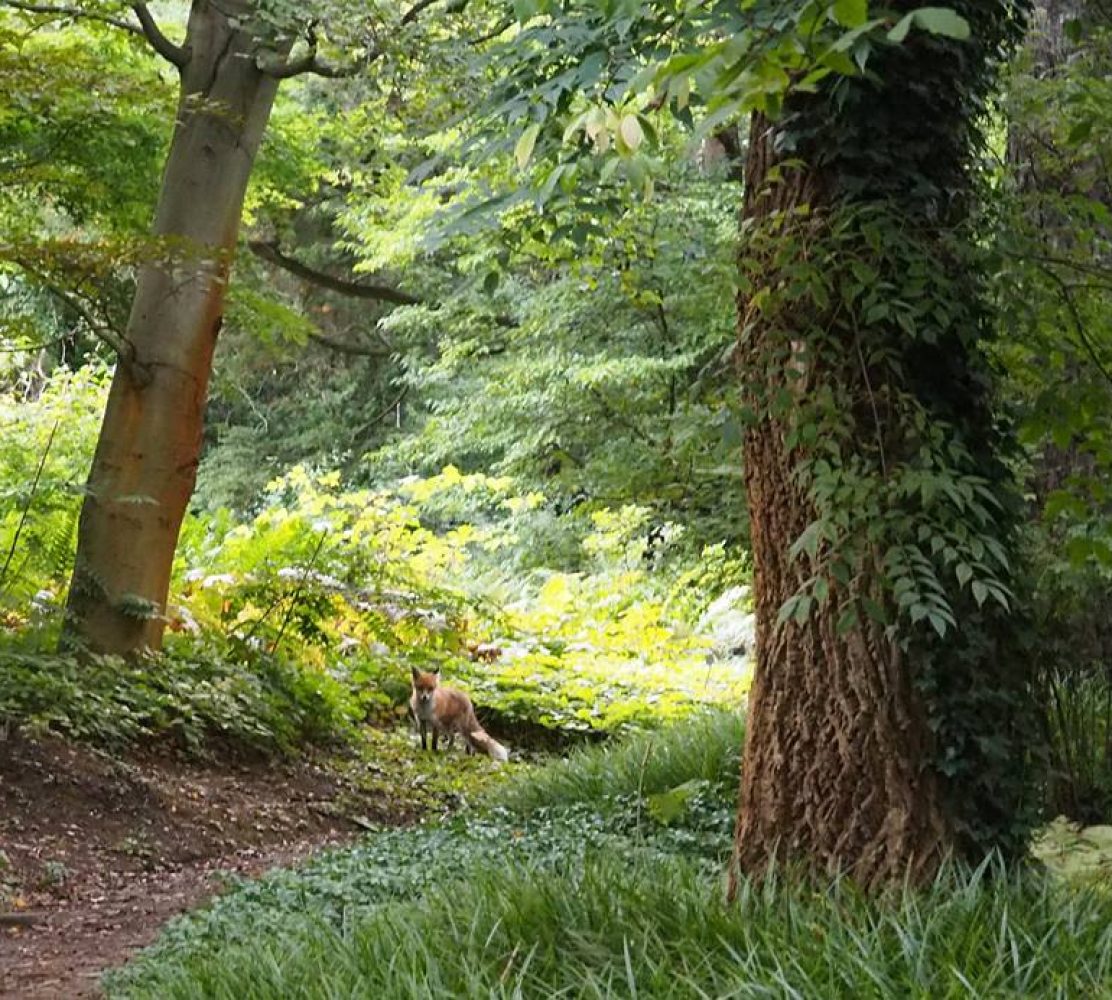
Visiting markets is one of the most interesting things you can do while traveling – not only do you get to see, smell and taste all the unique local produce, you also get to experience a bit of daily life. While visiting the Gambia for a work trip, one of my hostesses took us around Serrekunda market.

Serrekunda is now the largest urban centre in the Gambia, having grown out of 9 former villages. Our hostess told us that all the life has moved from Banjul (the capital) to Serrekunda, and Banjul is now mostly a business district with offices. She does her weekly shopping at Serrekunda market. You can find anything and everything there!

We actually had a specific aim in mind, which was to buy some hibiscus petals to make wonjo juice, and some baobab to make baobab juice. These two refreshing juices became our favourites while we were there, and locals shared with us how to make them. Our hostess took us to some ladies selling wonjo and baobab, and we bought some bags to bring home.


After that she asked which part of the market we’d like to see, and we opted for the food section. I love looking at fresh fruits and vegetables in markets. It’s all so colourful and fragrant that you want to head to the kitchen to do some cooking. Actually, if you’d like to try this in the Gambia, you can do a day trip that involves a visit to the market with a local lady, following which you have a cooking lesson and eat a meal together. Most tour agencies will know someone who offers this experience. We could certainly recommend Falutours, whose office is on the Senegambia strip.



Near the coast of Gambia, people eat a lot of fish and seafood, and you can see it all displayed in the market. The impressive thing is that there are often even freezers to store the fish overnight to keep them fresh. It was explained to us that the fresh fish are on sale for two days, and if they are not sold by then, they get smoked or dried. Other seafood for sale included blue-legged crabs and shellfish.






Meat can also be bought at the market. We saw someone walking through the market carrying some chickens. Apart from chicken, goat also seems to be popular in the Gambia. If you’re not a big meat eater, the meat section might be a bit too much too handle as you can see almost all pieces of the animal for sale. Waste not, want not. I tried to zone out while we walked through and not look around too much.

I was interested to see that you could buy little bags of black peppercorns or sea salt, and went home with some of these. Other spices and herbs are also available.




Moving on from food, the market is also a great place to buy African fabrics. These come in an amazing array of colours and patterns and are excellent if you like making your own dresses or shirts. You can also buy ready-made clothes at the market.

You can also buy toiletries and cosmetics – some stalls sold homemade shea butter. It’s the first time I had seen this. Shea butter is a fat extracted from the nut of the shea tree and is found in many beauty products such as moisturizers.


Every now and then in the maze of alleyways, someone would come through pushing a wheelbarrow in a hasty manner. I got the feeling they had right of way as they always looked like they were on important business. You also often see women and children elegantly balancing things on their heads.

Craft work such as woven baskets is also available at the market. In general, the custom in the Gambia is to bargain, and we noticed our hostess did this. For the food items we bought, we didn’t find it necessary as the prices were reasonable and seemed to be standardized. For items such as clothes or craftwork, you may be expected to bargain. Typically people offer a third of the original price asked, and the negotiations lead up to a final price of about half the original offer. Pay what seems reasonable to you though – the vendors appreciate the business and there’s no need to try to hammer the price down too far if it fits your budget. A few extra dalasis here and there may be worth more to them than to you, and will help them support their families. At the same time, you don’t need to be ripped off, so if someone offers a hugely exorbitant price just because you’re a tourist, you could negotiate it down without them taking offence. After hearing quotes from different stalls, you’ll get to know the price of things. So far I’ve found that women offer better prices than men, requiring less bargaining, but I’m sure there are exceptions.

To be honest, although I know the principle of bargaining, I’m terrible at it because I always hesitate to offer a lower price. The unspoken rule of bargaining is never to name a price for something unless you will pay it if they agree, and often I’m still trying to decide if I want to buy it or not. So I usually only end up getting lower prices when the vendors see my hesitation to buy it for the price they offer, and offer me less. Despite my lack of bargaining skills, I never felt ripped off during my time in the Gambia!
During your time in the Gambia, you are bound to meet taxi drivers or locals who offer to be your guide. In case you feel intimidated to go to the market alone, you will easily find someone who will be happy to show you around for a tip.



